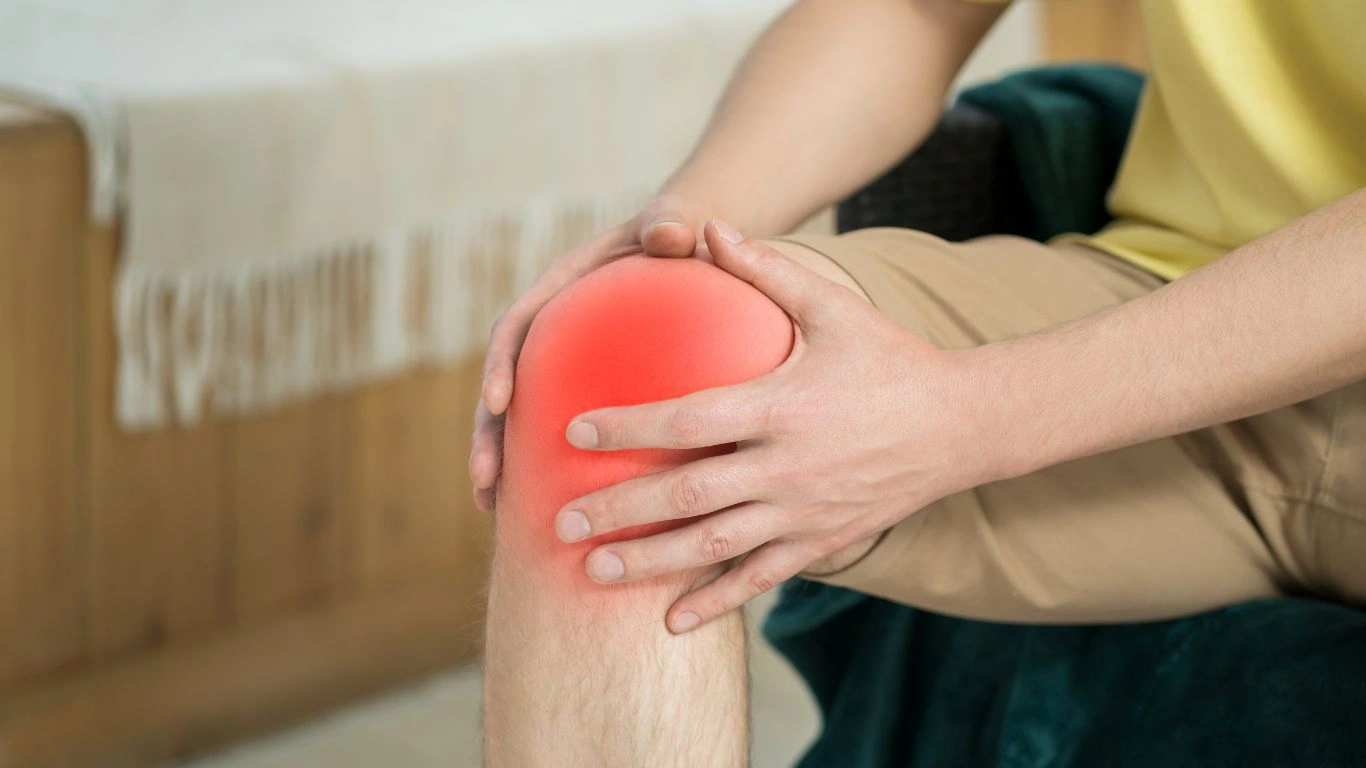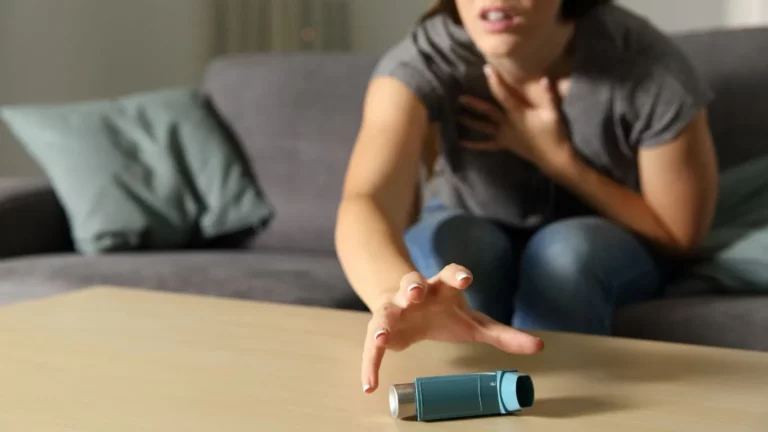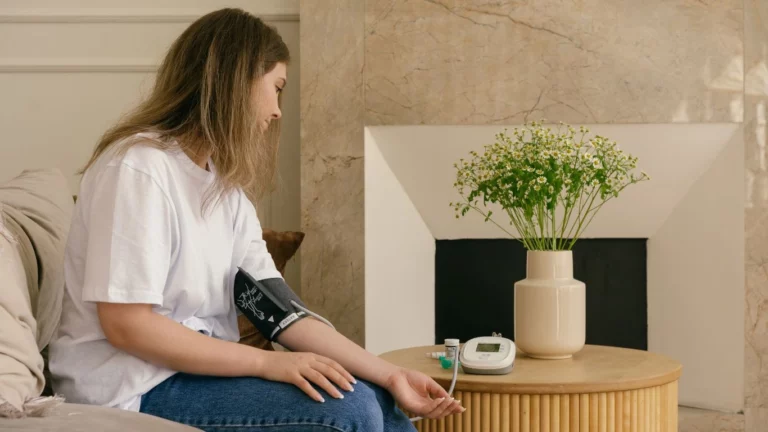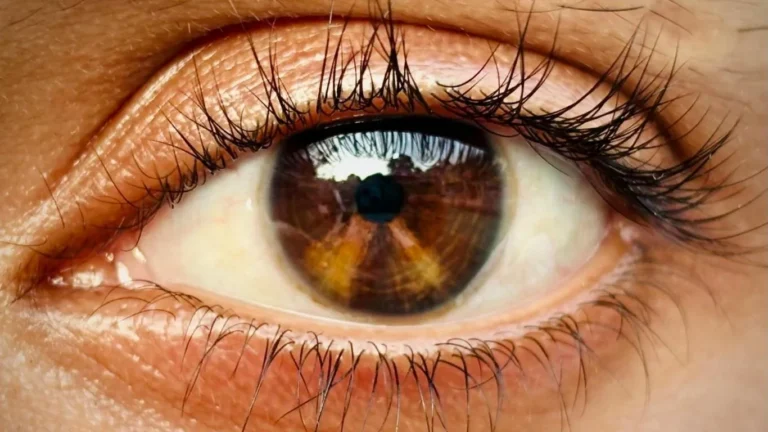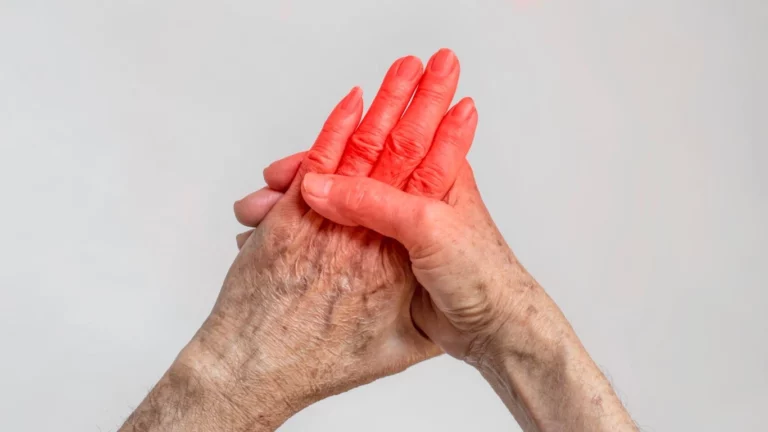Best Ways to Deal with Rheumatoid Arthritis Depression Naturally
If you’re living with rheumatoid arthritis (RA), chances are you’ve had those days—those heavy, overwhelming, emotionally exhausting days. And you’re not alone. One of the best ways to deal with rheumatoid arthritis depression is first acknowledging it’s a real, valid part of this disease. As a Rheumatology nurse practitioner, I can’t tell you how often patients quietly confess that their joints hurt less than their hearts. This isn’t just about swollen hands or morning stiffness—it’s about the mental toll RA takes. And trust me, I’ve seen that toll up close. In clinic, it’s usually the part patients are most reluctant to talk about… until someone makes space for it. So, let’s make space here.
Understanding the Emotional Toll of RA

Living with RA means more than just joint pain and fatigue. It means adjusting your daily life, rethinking how you work, parent, travel—even how you sleep. And those constant shifts? They take a serious emotional toll. I’ve seen patients struggle not just physically but mentally, trying to navigate this new normal while appearing “fine” on the outside.
RA depression isn’t just about feeling sad. It’s a persistent emotional fog—low mood, irritability, loss of interest in things you used to enjoy. And here’s the kicker: it doesn’t always look like classic depression. Sometimes it’s that nagging sense of frustration. Or the emotional burnout from navigating insurance, medications, flares, and daily life.
What Causes Depression in RA Patients?
There’s no single cause, but there are a few recurring themes I’ve seen over and over in my patients:
- Chronic pain: Pain wears you down physically and mentally. It’s exhausting, and over time it chips away at your resilience.
- Loss of function: RA can interfere with basic tasks—tying shoes, opening jars, holding your kid’s hand. That loss of independence is devastating.
- Fatigue: Not just being tired, but bone-deep, can’t-move, can’t-think fatigue that’s hard to explain and even harder to cope with.
- Isolation: Friends don’t always understand. Even well-meaning ones. It’s easy to withdraw, which only worsens the emotional weight.
- Inflammation: Yep, RA-related inflammation is linked to mood changes. The science is still evolving, but brain inflammation is very real.
Best Ways to Deal with Rheumatoid Arthritis Depression

1. Talk About It—With Someone Who Gets It
This one’s huge. Whether it’s a mental health therapist, a support group, or your Rheumatology provider (hey, that’s me!), talking about what you’re going through lifts the weight a bit. I’ve had patients cry in relief just from being asked, “How are you *really* doing?”
Pro tip? Don’t wait until you’re in crisis. If you’re starting to feel low, that’s the time to reach out. A good therapist—especially one familiar with chronic illness—can help you untangle what’s RA-related and what’s life stress piling on.
2. Move Your Body (Even a Little)
I know—exercise sounds like the last thing you want when everything hurts. But gentle, regular movement works wonders for mood. I tell my patients: this isn’t about training for a marathon. It’s about reclaiming control over your body in small ways.
- Try a short walk around the block.
- Look into seated yoga or tai chi—great for mobility and mental clarity.
- Stretch first thing in the morning—it helps both joints and your mindset.
Every little bit counts. Movement boosts endorphins, reduces inflammation, and gives you a small win to start your day. And honestly, that small win can snowball into bigger ones.
3. Get Serious About Sleep
RA messes with your sleep. Between pain flares, medication side effects, and stress, it’s no surprise many of my patients are exhausted. But here’s the thing—lack of sleep intensifies depression and makes pain feel worse. Vicious cycle, right?
- Set a bedtime routine: Wind down with a warm bath, calming music, or deep breathing. No doomscrolling!
- Talk to your provider: If RA meds or nighttime pain are interfering with sleep, that’s something we can work on together.
- Consider CBT-I: Cognitive Behavioral Therapy for Insomnia is legit. It’s a game changer for many chronic pain patients.
4. Nutrition: More Than Just Fuel
Food can affect both inflammation and mood. I’m not going to preach about going vegan or gluten-free unless that’s your thing—but paying attention to what you eat matters. A Mediterranean-style diet (lots of fish, greens, olive oil, whole grains) has been shown to improve both RA symptoms and mood. Win-win.
Some of my patients keep a food and mood journal—just jotting down what they ate and how they felt after. It helps identify patterns without obsessing over every bite. And don’t forget hydration. Even mild dehydration can affect how you feel mentally.
5. Mindset Matters (But This Isn’t Toxic Positivity)
Let’s be real—”Just think positive!” is not helpful advice when you’re in a depressive spiral. But *how* we frame things can shift the emotional load. I’ve worked with patients on reframing thoughts like:
- “My body’s failing me” → “My body is fighting hard every day.”
- “I’m a burden” → “I’m navigating something incredibly tough, and that takes strength.”
- “I can’t do anything anymore” → “I can still do *some* things, and that’s worth focusing on.”
This doesn’t fix everything. But mindset shifts—tiny, real, compassionate ones—can slowly pull you out of that dark mental space. And if you’re struggling to do this on your own, therapy and peer support groups can help guide that process.
You’re Not Alone (Even When It Feels Like You Are)
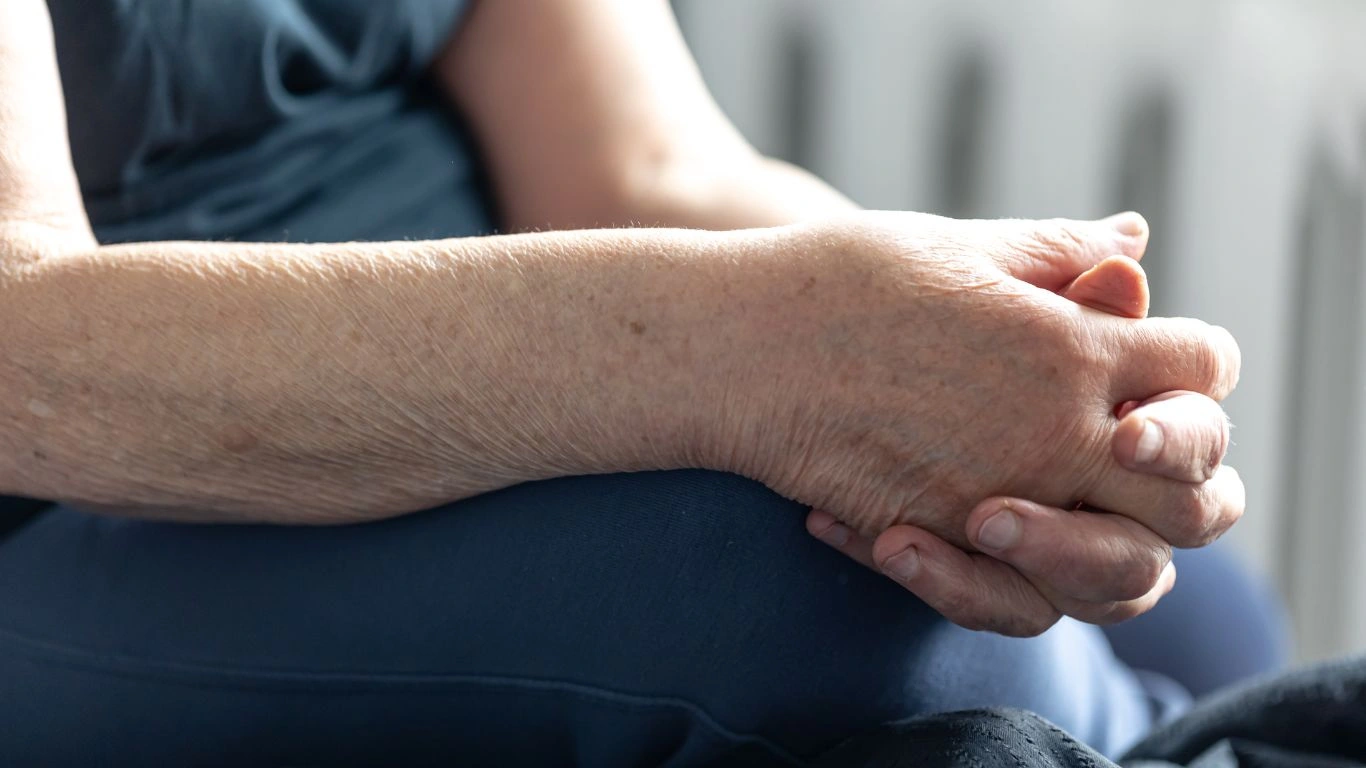
Let me just say it: dealing with rheumatoid arthritis depression doesn’t mean you’re weak. It means you’re human. Chronic illness is hard—emotionally, physically, spiritually. The good news? You don’t have to do it all solo. Whether it’s your care team, a friend who gets it, or just carving out one small joy in your day—you’re already taking steps forward.
Build a Toolbox of Coping Strategies (That Actually Work for *You*)

One of the best things I’ve learned from working with RA patients is this: coping isn’t one-size-fits-all. What works wonders for one person might not click for another—and that’s okay. The key is building a toolbox of strategies you can reach for depending on the kind of day you’re having.
Some days, a long chat with a friend can lift the weight. Other days, it’s silence and journaling. Or just watching a show that makes you laugh—no guilt, no judgment. I often tell my patients, “If it helps you feel like you again, it’s worth keeping in the toolbox.”
Examples of Coping Tools My Patients Have Loved:
- Voice journaling: Just hit record on your phone and talk it out. Great for folks who hate writing but need to vent.
- Distraction kits: A box of things that bring comfort—crossword puzzles, scented lotion, a feel-good movie list.
- Creative outlets: Drawing, knitting, photography, or whatever helps channel energy into something expressive.
- Weighted blankets: Surprisingly comforting for anxiety and sleep issues tied to RA and mood swings.
It’s not about being “productive”—it’s about being present with yourself in a kind way.
Rethink Support—It’s Not Just About Doctors
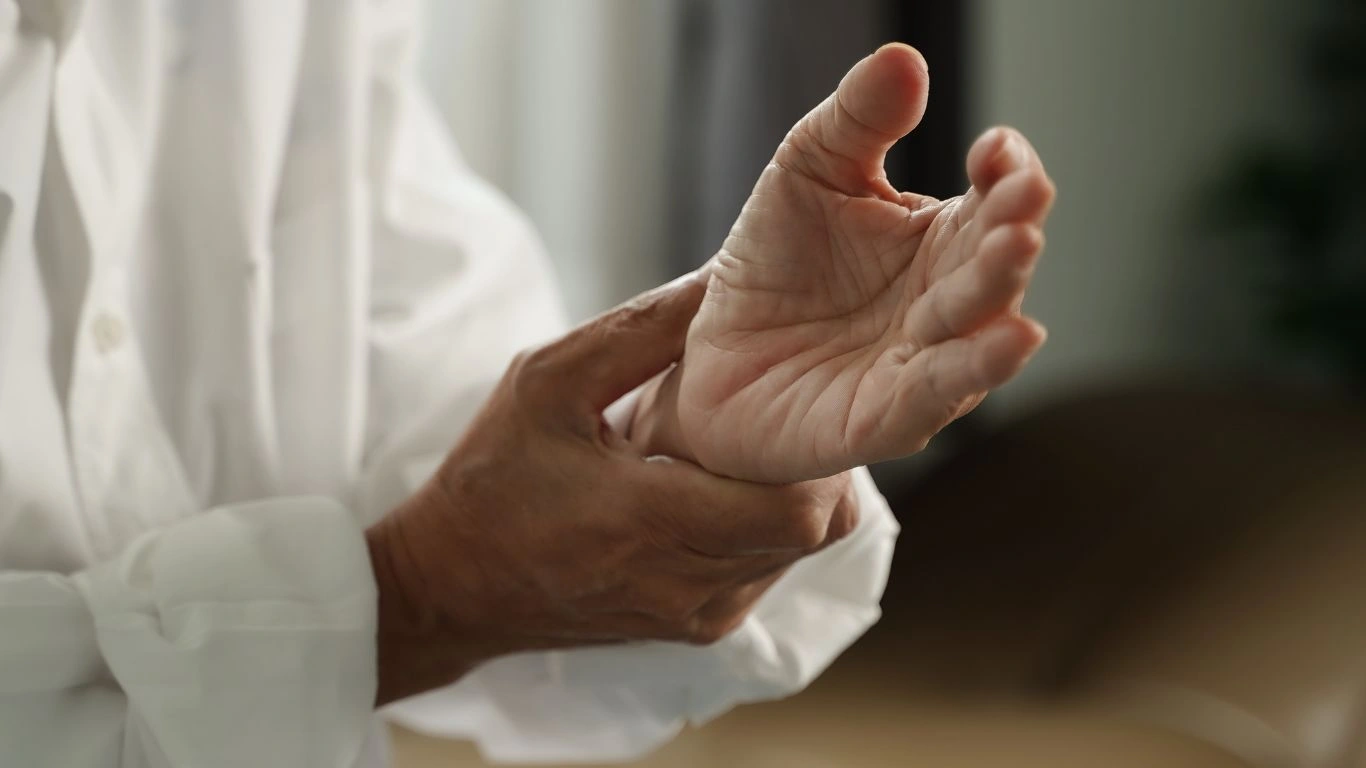
When I first started practicing, I thought the best thing I could offer was the perfect med plan or lab review. But over time, I learned that what most patients crave is connection—not just with their provider, but with others who actually understand what RA life feels like.
If you’re feeling down or isolated, try broadening your support network. Here’s where to start:
Where to Find Real Community When You’re Feeling Alone
- Online support groups: Facebook has surprisingly great RA-focused groups. Just be picky—choose ones that are moderated and not overly negative.
- Peer mentorship: Some non-profits pair you with a mentor who’s lived with RA longer. I’ve seen these relationships become lifelong friendships.
- Local meetups or walks: Check with your local Arthritis Foundation chapter. Even small events can be game changers socially.
- Therapeutic communities: If therapy feels intimidating, group counseling focused on chronic illness might be a softer entry point.
Honestly, one of the most healing things I see is when patients share their stories with one another. Suddenly, that internal voice that says “No one gets it” starts to quiet down. And that’s where healing begins—emotionally and physically.
Don’t Underestimate the Power of Purpose

This one might feel a little abstract, but stick with me. One consistent theme I’ve seen among patients who thrive emotionally—despite their diagnosis—is that they’ve found some sense of purpose. It doesn’t have to be some grand mission or career change. It can be tiny, meaningful daily moments that remind you why you keep going.
Ideas That Can Spark Purpose:
- Mentoring someone else: Sharing what you’ve learned can be deeply healing. Whether it’s helping a newly diagnosed friend or speaking in an RA group—it matters.
- Volunteering in small ways: Even phone calls or helping with admin tasks for a local nonprofit can reignite confidence and connection.
- Learning something new: Taking an online course or trying a new skill—just because you can. That sense of progress fuels self-worth.
- Creative rituals: I have one patient who writes a haiku every morning before meds. It’s become her anchor.
The point? Purpose doesn’t mean pushing through pain to “prove something.” It’s about carving out identity beyond your diagnosis—and reminding yourself, gently, that you still have something unique to offer this world.
Medications and Mental Health: Let’s Get Honest
I’m going to say something a lot of people in the RA community need to hear: it’s okay to need meds for your mood. Seriously. RA is a disease that affects your body and your brain. There’s no shame in taking antidepressants or anxiety meds. In fact, many of my patients say it helped them cope better with flares and even improved their treatment adherence.
When Should You Consider Medication?
- You’re not sleeping, eating, or functioning like yourself for more than a few weeks.
- Your mood makes it hard to manage RA tasks—like attending appointments or taking meds.
- You’re constantly anxious, hopeless, or overwhelmed—despite trying non-medication tools.
There are RA-safe options, and your care team should always weigh benefits and risks. The important thing is to speak up. We can’t help with what we don’t know. And you deserve to feel better—not just physically, but emotionally too.
Track Your Progress—Without Judgment
One final thing I often recommend is to track—not obsessively, but gently. A simple note each day about mood, energy, or pain level can help identify patterns. I’ve had patients discover that their worst moods followed poor sleep or weather changes. Others realized they felt mentally stronger when they stayed connected to their routines.
Use your phone, a paper journal, or an app. The goal isn’t perfection. It’s awareness. It gives you something to bring to your appointments. And it reminds you: progress isn’t linear, but it *is* happening.
Reclaiming Joy in Small Moments (Yes, Even on Flare Days)
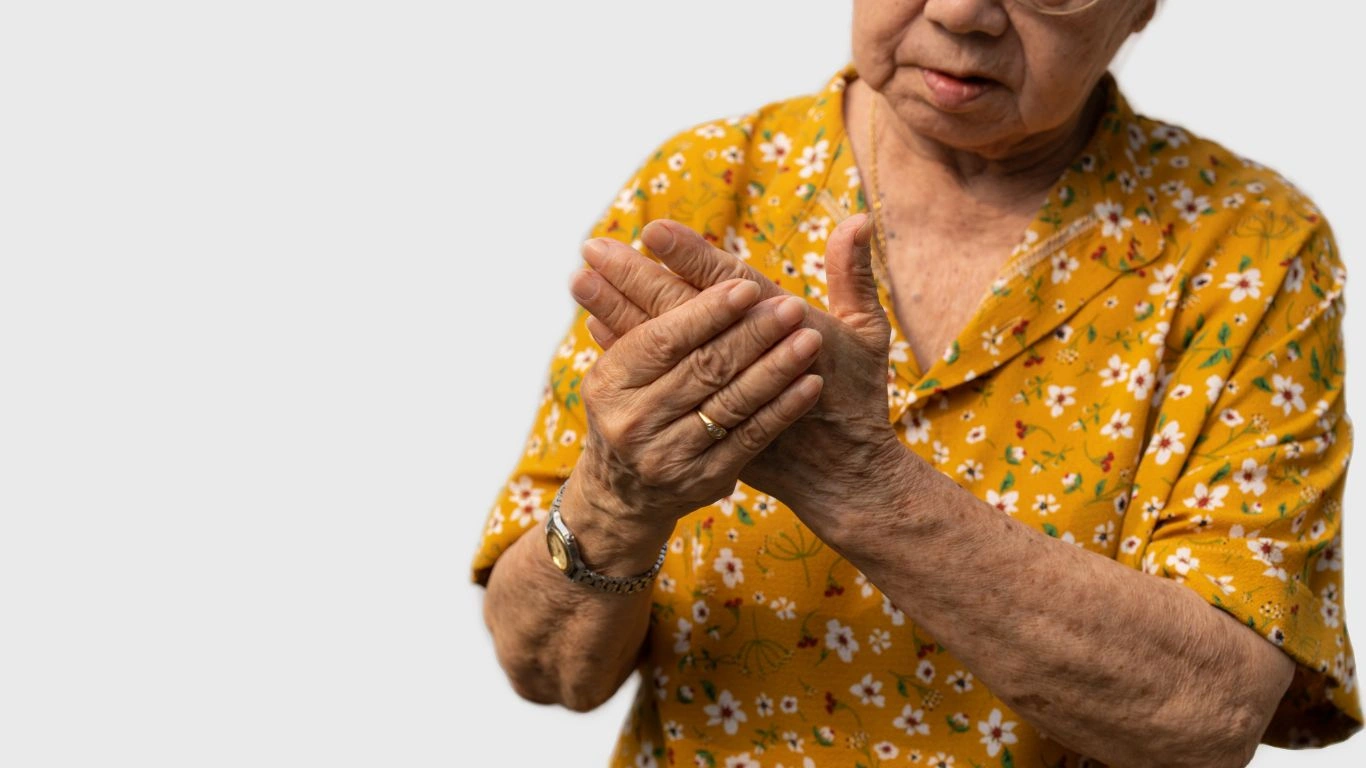
Here’s something I share with my RA patients all the time: joy doesn’t have to be loud, big, or Instagram-worthy. In fact, one of the best ways to deal with rheumatoid arthritis depression is to learn how to spot joy in the little, often overlooked places.
I’ve seen folks start to feel better mentally—not because their pain vanished, but because they gave themselves permission to enjoy the in-between moments. A warm cup of tea, birdsong outside the window, the silly way your dog chases its tail—these tiny slices of joy add up. And they can be powerful counterweights to the emotional weight RA often brings.
Simple Ways to Invite More Joy into Daily Life:
- Start a gratitude jar: Jot down one small good thing per day—yes, even if it’s “my blanket was warm.”
- Mindful movement: Chair yoga, gentle stretching, or just swaying to music while sitting. Movement doesn’t have to be a workout to be healing.
- Laugh daily: Rewatch a favorite comedy, scroll memes, or call that one friend who always makes you snort-laugh.
- Give yourself something to look forward to: A Friday treat, a weekend nap ritual, or a Sunday playlist with your favorite tunes.
There’s no rulebook for how to live with RA. But in my experience, folks who actively seek out moments of joy—even tiny ones—build stronger emotional resilience over time.
Get Outside—Nature Isn’t Just “Nice,” It’s Healing

Okay, I’ll admit it—I used to roll my eyes a little when people would say, “You just need some fresh air.” But I’ve seen too much to ignore it now. There’s real science behind how being outdoors can lift mood, lower inflammation, and reduce stress.
Whether it’s sitting in the sun for 15 minutes or taking a slow walk in the park, nature has this quiet way of pulling us out of our heads. And when you’re living with RA and depression, that kind of reset can feel like a lifeline.
Ways to Connect with Nature (Even if You’re Low on Energy):
- Window nature breaks: Open the blinds and let the natural light in. Watch the sky change color or the trees sway.
- Indoor plants or tabletop gardens: Caring for a little succulent or herb pot can bring surprising calm.
- Audio nature therapy: Listen to rain sounds, ocean waves, or forest ambiance while you rest or journal.
- Accessible outdoor spots: Find a bench under a tree, a flat sidewalk loop, or even your porch—whatever gets you breathing fresh air comfortably.
There’s no “right way” to connect with nature. You just have to start noticing it. In my practice, even those few moments of presence outside have helped patients feel less trapped in their symptoms.
When You Need Extra Help—Knowing When to Reach Out
Let’s talk real for a sec. There are times when no journal entry, sunny walk, or gratitude list is enough. And that doesn’t mean you’re failing. It just means your mental health deserves more support. And you’re not alone in that.
If your depression is starting to take over your daily life—making it hard to get out of bed, connect with people, or even care about your treatment plan—it’s time to loop in a mental health pro. Therapy, medication, or a combo of both can be game changers. I’ve had patients who were skeptical at first, but later told me it felt like they could breathe again.
Signs It Might Be Time to Ask for More Help:
- You’re feeling hopeless most days
- Your sleep and appetite are way off
- You’ve lost interest in things you used to love
- Your thoughts have turned dark or scary
There’s so much support out there—from mental health providers to chronic illness-specific therapists. And it’s 100% okay to ask for it. I always say: if you’d get help for your RA flare, why not do the same for your heart and mind?
What I Want You to Remember (From a Rheumatology NP Who Truly Cares)
If you’ve made it this far, first of all—thank you. I hope you feel a little less alone, and maybe even a little more equipped to take on the tough emotional days that come with rheumatoid arthritis. Depression doesn’t mean you’re weak. It means you’re human. You’re living through something complex, exhausting, and often invisible to others.
And the fact that you’re seeking out ways to feel better? That’s strength. That’s resilience. That’s you choosing to show up for yourself, even when it’s hard.
I’ve walked alongside hundreds of patients as they navigated the heavy emotional layers of RA. And I’ll tell you this—your emotional well-being is just as vital as any blood test or medication dose. You matter. Your mental health matters. And you deserve to thrive, not just survive.
References
Disclaimer
This article is for informational purposes only and is not intended to replace professional medical advice, diagnosis, or treatment. Always consult your healthcare provider or a qualified mental health professional before making any changes to your care plan. The content here reflects the personal perspective and experience of the author, a licensed Rheumatology nurse practitioner, and may not apply to every individual case.

Tarra Nugroho is a dedicated Nurse Practitioner with a strong foundation in family and preventive care. She brings both compassion and clinical expertise to her practice, focusing on patient-centered care and health education. As a contributor to Healthusias.com, Tarra translates medical knowledge into clear, empowering articles on topics like women’s health, chronic disease management, and lifestyle medicine. Her mission is simple: help people feel seen, heard, and informed—both in the clinic and through the content she creates. When she’s not caring for patients, Tarra enjoys weekend hikes, plant-based cooking, and curling up with a good health podcast.

